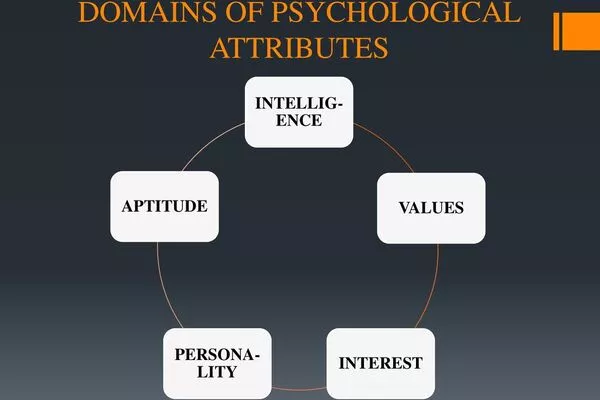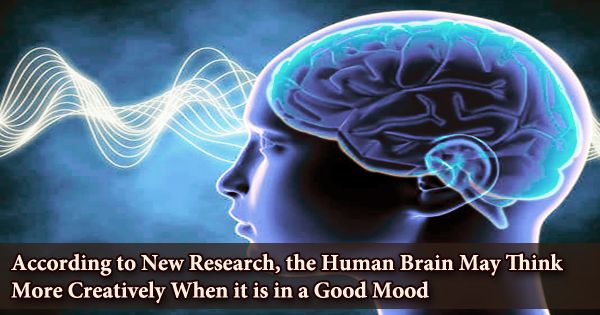Psychology is the scientific study of the mind and behavior, but did you know there are five different perspectives on psychology? Human psychology was first studied around 400-500 BC. The biological approach, the psychodynamic approach, the behavioral approach, the cognitive approach, and the humanistic approach all provide valid but opposing explanations for why humans behave the way they do.
Psychological characteristics are not linear or one-dimensional. They are intricate and are expressed in terms of dimensions. A line is simply the sum of many points. A point takes up no space. But consider a box. It takes up space. It can only be described in terms of three dimensions: length, width, and height. The same is true for psychological characteristics. They are typically three-dimensional. To get a complete picture of a person, you must assess how he or she functions in various domains or areas, such as cognitive, emotional, social, and so on.

These attributes are categorized on the basis of the varieties of tests used in psychological literature. There are many different domains of psychological attributes that researchers and psychologists have studied over the years. Some examples of these domains include:
(1) Intelligence is a complex construct that refers to an individual’s ability to think, reason, and solve problems. Intelligence can be measured through intelligence tests and is believed to be related to a number of factors, including genetics, environment, and education.
Intelligence is the global capacity to comprehend the world, think rationally, and effectively apply available resources when confronted with challenges. Intelligence tests provide a comprehensive assessment of a person’s general cognitive competence, including the ability to benefit from education. Students with low intelligence are less likely to perform well in school-related examinations, but their success in life is not solely determined by their intelligence test scores.
(2) Aptitude refers to a person’s innate ability to learn new skills. Aptitude tests are used to predict what a person will be capable of doing if given the right environment and training. A person with a strong mechanical aptitude can benefit from appropriate training and succeed as an engineer. A person with high language aptitude can also be trained to be a good writer.
Cognition refers to the mental processes involved in acquiring, processing, and using information, including perception, attention, memory, and decision-making.
(3) Interest is a person’s preference for participating in one or more specific activities over others. Students’ interests can be assessed to determine what subjects or courses they can pursue comfortably and with pleasure. Knowing our interests allows us to make decisions that promote life satisfaction and job performance.
Motivation refers to the psychological processes that drive behavior and goal-directed action. There are many different theories of motivation that seek to explain why people do what they do, including theories of needs, drives, and incentives.
(4) Personality: Personality refers to individual differences in characteristics such as temperament, demeanor, and behavior. Researchers have identified many different personality traits that are believed to be relatively stable over time, such as extraversion, conscientiousness, and agreeableness.
Personality refers to a person’s relatively enduring characteristics that set her or him apart from others. Personality tests attempt to assess an individual’s distinct characteristics, such as whether they are dominant or submissive, outgoing or withdrawn, moody or emotionally stable, and so on. Personality assessment allows us to explain an individual’s behavior and predict how she or he will behave in the future.
(5) Values are long-held beliefs about an ideal mode of behavior. A person who has values establishes a standard for guiding her/his actions in life as well as judging others. In value assessment, we attempt to determine a person’s dominant values (e.g., political, religious, social or economic).
Social cognition refers to the mental processes involved in understanding and interpreting social information and interactions, such as the attitudes and beliefs of others.
















